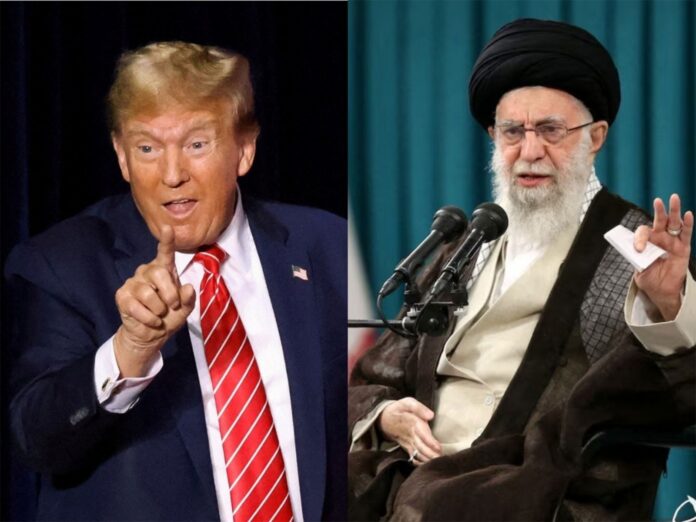Intro: Iranian Supreme Leader Khamenei warned President Trump of severe consequences as nuclear talks resumed in Geneva
Tehran
Iranian Supreme Leader Ayatollah Ali Khamenei issued a strong warning to US President Donald Trump as indirect nuclear talks between the two nations resumed in Geneva.
Khamenei emphasized that even the world’s strongest military could face serious setbacks, criticizing Trump’s frequent boasts of military power. He highlighted the vulnerability of US warships and warned that Tehran would not allow threats to influence its policies.
The Geneva talks involve senior US representatives, including envoy Steve Witkoff and Jared Kushner, who are meeting Iranian officials to discuss the long-standing nuclear dispute. Khamenei’s remarks came alongside the arrival of Iran’s Foreign Minister Abbas Araghchi and his delegation, underlining the country’s firm stance in the negotiations.
President Trump, meanwhile, reiterated that he would engage “indirectly” and warned of consequences if a deal is not reached. He referenced recent US strikes on Iranian nuclear sites in Fordow, Natanz, and Isfahan, claiming the operations prevented Tehran from obtaining nuclear weapons. Trump stated that economic and political pressures have pushed Iran back to the negotiating table, expressing hope for a deal while acknowledging potential regional tensions.
The renewed talks follow the collapse of earlier negotiations held in Muscat and Rome in April 2025. Both sides have emphasized their positions: Tehran insists it will not tolerate threats, while Washington maintains a strong military presence in the Middle East to reinforce its warnings.
Observers say these indirect discussions are crucial for easing tensions in the region, as both nations navigate decades of mistrust. The world is watching closely, hoping diplomacy can prevent further escalation and ensure stability in a historically volatile region.



